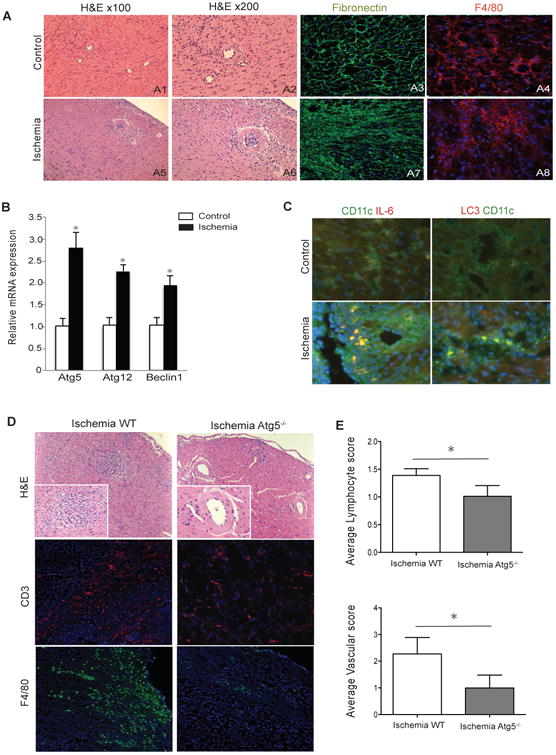Figure 3. Anti-IL6 therapy significantly decreases IRI induced autophagy and chronic allograft rejection.

H2-Ab1bm12 (BM12) control and ischemic hearts were transplanted into C57BL/6 recipients. Grafts were harvested 14 days after transplant. A) Ischemic grafts showed significant increase in cell infiltration, more intense graft necrosis, vascular occlusion, tissue fibrosis (fibronectin) and macrophage infiltrates (A5-8) as compared to controls (A1-4). B) Ischemic heart grafts harvested at day 14 post-transplant showed significant increase in autophagy gene expression as compared to controls (n=3 to 4 mice/group, *p<0.05). C) Ischemic grafts showed higher expression of IL6 as well as autophagy markers co-localizing with CD11c+ DCs (CD11C+ in green, IL6 and LC3 in red). D) Ischemic CD11cCre/Atg5 conditional knockout hearts harvested from BM12 recipients 28 days post-transplantation (right) revealed less chronic rejection by means of vascular pathology and tissue infiltration compared to ischemic WT (left). E) Bar graphs showing significantly reduced lymphocyte and vascular score in ischemic CD11cCre/Atg5 conditional knockout donor hearts as compared to ischemic WT (n=3, *p<0.05 and *p<0.05, respectively)
